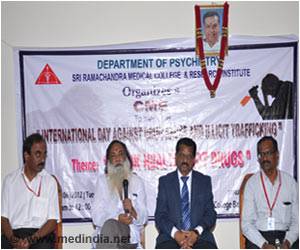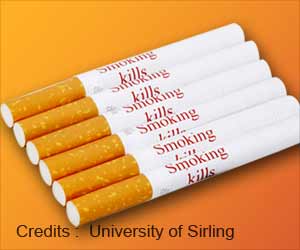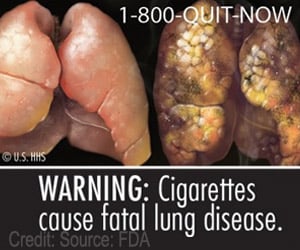Illicit Drug Data Report 2011-12 of the Australian Crime Commission (ACC) has warned of an alarming increase in the use, seizure and arrests for illicit drugs in sports, especially in football.

ACC chief executive John Lawler claimed that the illicit drug market is the chief source of profit for any form of organized crime, adding that criminals infiltrate sports clubs and gain information or compromise players in exchange for illicit drugs, using it to spot-fix matches and earn profits through gambling outlets in Australia and overseas.
Graham Ashton too warned of increasing drug abuse in the sports arena following Australian Football League's (AFL) announcement of a five-fold increase in the number of positive tests over a year by Australian Football League players for illicit substances.
Ashton claimed that illicit drugs as compared to the performance and image-enhancing drugs that involved Cronulla and Essendon players in a national scandal, has a greater potential to compromise the integrity of players and matches.
While cannabis has remained the dominant illicit drug in the Australian market over the past decade, cocaine and amphetamines are also used by footballers according to their choice.
The National Rugby League (NRL) which was the first Australian football code to centrally test for illicit substances, said that each club needs to conduct 70 tests on its NRL players and 70 tests on its National Youth Competition players, with two audits a year by representatives of the NRL and Players' Association.
Advertisement
Source-ANI















